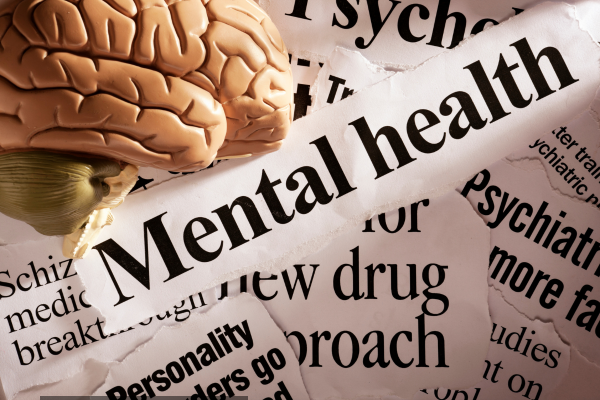Table of Contents
The Impact of Sleep on Mental Health
How Sleep Affects Mood
Sleep is essential for mental well-being. Without enough rest, emotions can become harder to manage. Irritability and sadness often increase with poor sleep. People who experience chronic sleep deprivation are also more likely to feel anxious or depressed. This is because the brain uses sleep to process emotions and memories. When sleep is interrupted, the brain struggles to recover fully, impacting mood and focus.
Quality sleep plays a crucial role in emotional regulation. It helps the mind reset, reducing the likelihood of overreacting to small stressors. On the other hand, poor sleep can create a cycle where stress leads to insomnia, which worsens mental health further.
The Role of Sleep in Cognitive Function
Sleep is not only about rest but also about recovery. The brain undergoes vital processes during deep sleep stages. These stages improve memory, focus, and decision-making skills. Without enough sleep, people often find it difficult to concentrate or stay productive.
Moreover, insufficient sleep slows down reaction times and weakens problem-solving abilities. It becomes harder to handle everyday challenges effectively. Long-term sleep deprivation can even increase the risk of developing mental health disorders, such as depression or anxiety.

Building Better Sleep Hygiene
Importance of a Regular Sleep Schedule
Establishing a consistent bedtime routine is a key part of improving sleep quality. The body’s internal clock, or circadian rhythm, thrives on regularity. Going to bed and waking up at the same time daily helps regulate this cycle. This habit ensures better sleep quality over time, reducing the likelihood of disruptions.
Inconsistent schedules can confuse the circadian rhythm, making it harder to fall or stay asleep. Regularity also trains the mind to associate certain activities, like reading or meditating, with relaxation and sleep preparation.
Creating a Relaxing Sleep Environment
The environment in which you sleep matters more than you might think. A dark, quiet, and cool room can promote restful sleep. Bright lights or loud noises can disrupt the natural sleep cycle, preventing deeper stages of rest. Using blackout curtains and sound machines can help create an ideal atmosphere.
Avoiding screens before bed is another effective strategy. The blue light emitted by phones and computers tricks the brain into thinking it’s daytime, making it harder to feel sleepy. Replacing screens with calming activities, like journaling, can make falling asleep easier.

Tips for Better Sleep and Mental Wellness
Mindfulness Practices Before Bed
Mindfulness techniques, such as meditation or deep breathing, can prepare the mind for sleep. These practices reduce stress and calm the body. By focusing on your breath or repeating a calming word, you can shift your focus away from racing thoughts.
Soothing Pillow and Mask Mist as seen in People Magazine, Forbes, OK Magazine and ELLE.Another helpful practice is progressive muscle relaxation. By tensing and releasing each muscle group, you encourage physical and mental relaxation. These techniques not only improve sleep quality but also reduce anxiety over time.
Avoiding Sleep Disruptors
Certain habits can negatively affect sleep without you realizing it. Consuming caffeine or alcohol late in the day can interfere with the ability to fall asleep. While alcohol may seem to help initially, it disrupts deeper sleep stages, leaving you feeling unrested.
Late-night snacking can also disturb sleep. Heavy meals can cause discomfort, while sugary snacks can spike energy levels. Choosing light, healthy snacks before bed, like a banana or nuts, can promote better rest.
Similar Posts
- 5 Sleep Hygiene Tips to Improve Your Mental Health
- The Link Between Anxiety and Sleep Disorders
- How to Create a Relaxing Nighttime Routine
- Top Relaxation Strategies for Stress-Free Sleep












